Posts by fiquet-dominique
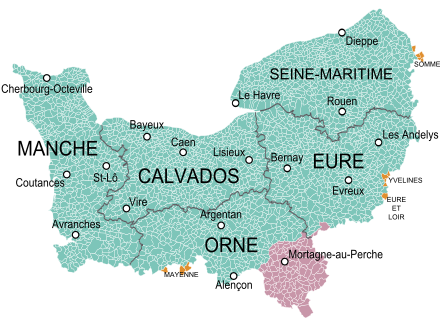
WHERE SHOULD I STAY IN NORMANDY ?
It is often difficult to pick the best place to stay. The first thing to be aware of when coming to Normandy is that it is necessary to be mobile of you plan to stay here several days, because you will find it hard to get around without your own car. Now, there are several options, you may want to spend a night in Rouen, followed by a night in Honfleur, then come to Bayeux for another night or two, and simply spend each night in a different location, close to where you have planned your daily visit. OR you can opt for the simple solution of staying in one place and in that case, the two best options are Bayeux and Caen, as both are central and will always be at most circa one hour and a half away from anywhere else.
Caen being a much larger city, it would seem to be a good choice. However things are never that simple. Lots of traffic, downtown becomes quickly crazy and the "périphériqu" (circle around the city) is congested at rush hour every morning and afternoon. Besides we are having LOTS of construction downtown with our tramway being changed to a new one, and it will not be over until end of 2019-2020. As a result, navigation in or around Caen is a nightmare most of the time.
Bayeux, on the other end, is a delightful little town, as charming as it gets, where everything is within walking distance, lots of pleasant restaurants, several hotels for all budgets, a great market every saturday morning, old buildings with a lot of history, many stores to indulge in shopping.
Still unsure? Before you decide, always make sure you check the map carefully and the distances, not just how far apart the places are in miles, but also in hours of driving.
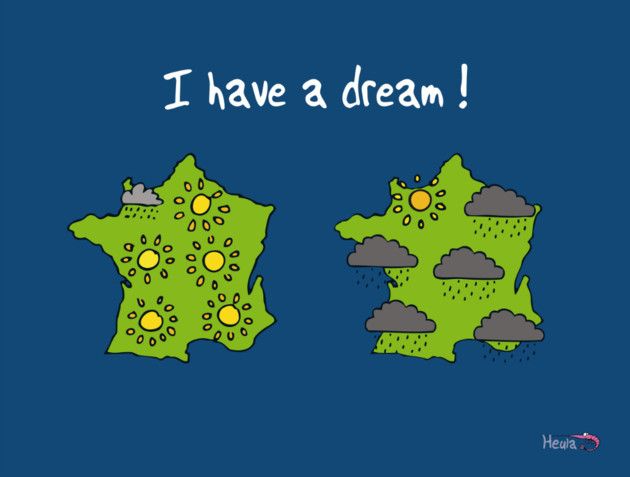
WHEN IS THE BEST TIME TO GO TO NORMANDY ? The weather explained.
Normandy has a reputation : it rains a lot. Well, this old movie "The Umbrellas of Cherbourg" certainly didn't help! Does it rain this much here? If we take Caen for instance, as it's located somewhat in the middle of Normandy, it will give you an idea. Average temperature in the winter 9°C - lowest around 3°C, and average in the summer is 24°C - lowest around 12, which means our highest in the winter will be our lowest in the summer, give or take a few degrees. Not too bad. But there's the wind to take into account, and that can make a huge difference. Average is around 20 km/h wind all year round, with storms sometimes pushing up to 90 km/h, that remains occasional. Not "rare", but it happens. 40 to 60 km/h winds are somewhat frequent on the coast.
Now the rain... well! December gets the most with 75 mm, November comes close behind it. Rain can happen any day at any time as we are on a 50 mm per month average most of the year. In percentage, it rains 40 to 55 % of the time (as in days per month). As a result, always green here in Normandy, the countryside is lush and gorgeous.
The sun comes out though, we have good days, especially in July, August and September. April to October is overall reasonably pleasant to very nice. Does that mean you should avoid coming between November and April? Not at all, because it may not be bad, especially if you layer, because in any case, you'd better layer, and you know what's fantastic about the winter months? The lack of crowds, having the sites to yourselves, enjoying a different pace. I love winters, they're not cold, not really, it rarely snows, especially on the coast. You feel "alive" and a little wind and rain are nothing with a good pair of Wellies and a nice cozy jacket. At the end of the day a shot of Calvados will warm you up from the inside.
So unless you come to Normandy just to go to the beach sunbathe and swim, anytime is a good time! For historical/cultural visits, avoid July and August if you can because that's when it turns into the French Riviera of the North.
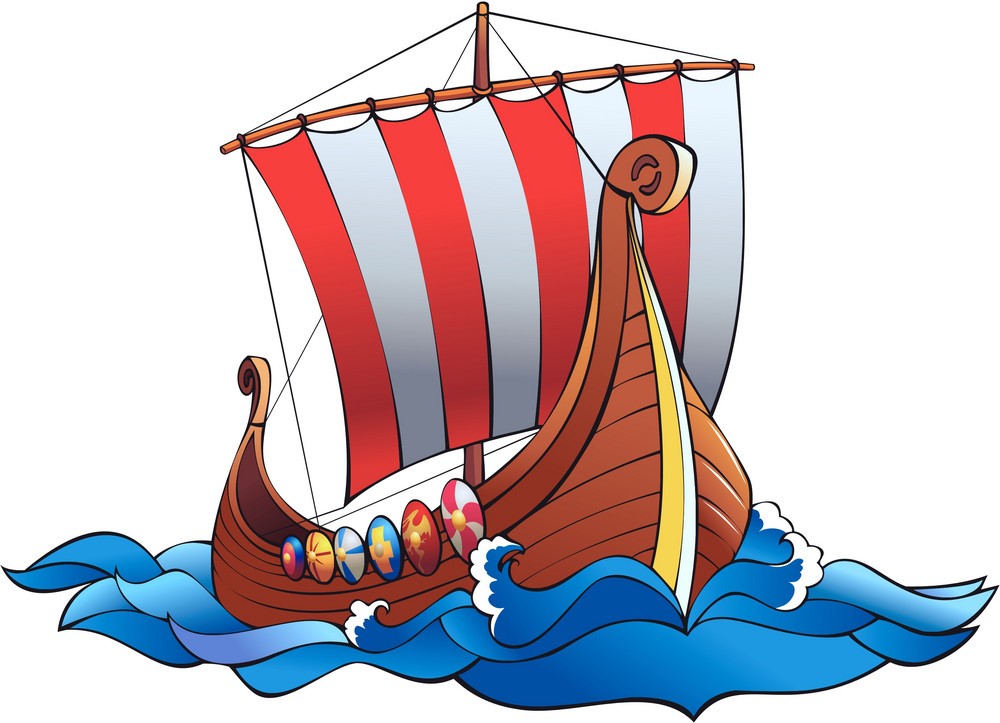
WHAT IS THE BEST WAY TO GO TO NORMANDY ?
The first question is : "where are you coming from?"
The majority of non-European travellers come from Paris. You have two main options if you come from the capital, the first one being to take the train. Trains will depart from Paris Saint Lazare station (9th arrondissement), and they will be headed to either Caen or Cherbourg. Depending on where you have chosen to stay, for example you have a hotel in Bayeux, you may have to change trains in Caen. But this is not very complicated and shouldn't cause any stress. The train from Paris to Caen is 2 to 2.30 hours average. Of course if you are heading to Rouen it's the same train station in Paris but not the same train. Our trains are always marked with their last destination, you will have to consult the boards to see where they stop as not all stop at every town on the way.
However, although the train will be very convenient for a day-trip to Normandy, you can come in the morning and leave at the end of your tour, it's maybe not the best option if you stay here several days. If you plan to stay in Normandy for 2, 3 or more days, and maybe going elsewhere afterwards (tht is not Paris, e.g. Brittany, the Loire Valley...), then consider renting a car, the second option and in my (humble) opinion, by far the best one. The pro's for renting a vehicle : you will not depend on trains, and with the neverending and annoying strikes that we suffer here in France believe me, this is definitely the ultimate way to be sure that you won't get stuck in Paris. Also with your own rental, you will be mobile here in Normandy, and you will be happy to be, as we have here a lot to see and nothing is ever really close, and once you're out of Paris it's more complicated to find public transport, so having your own car will make your stay a lot more pleasant. You will also notice that driving on our roads isn't hard at all, again, once out of Paris, there's nothing to be stressed about.
Now if you want to come by plane, you have a few airports in Normandy, there is Deauville, Carpiquet (Caen) or Maupertus (Cherbourg). Again consider a rental car once you have arrived to have freedom and mobility to get around.
If you come from the UK you can come across the Channel with the ferry, several options : Portsmouth to Ouistreham (Caen) / Le Havre / or Cherbourg, or Newhaven to Dieppe (the latter I highly recommend if you are Canadian as you may want to add Dieppe to your visit). You can cross north of France Dover to Calais : ferry, or Eurotunnel, but then you're not in Normandy, you're north of France which means you're still 5 to 6 hours drive away. If you take the Eurostar from London you arrive by train in Paris. You will then still need to decide how you want to come to Normandy. If you take the ferry in Portsmouth and can't decide where to arrive among the three choices, think about where you are going next, look at the map, and see what's best. If you go to Rouen pick Le Havre, to Caen pick Ouistreham, to Bayeux or Carentan, Cherbourg might be best. However Cherbourg will often be the easiest if you decide to take the train once you've arrived with the ferry.
So as you see it always come down to two main choices : train or car. Being very independent and liking to be able to move around, I certainly will recommend to drive here, unless you're only coming for a day-trip.
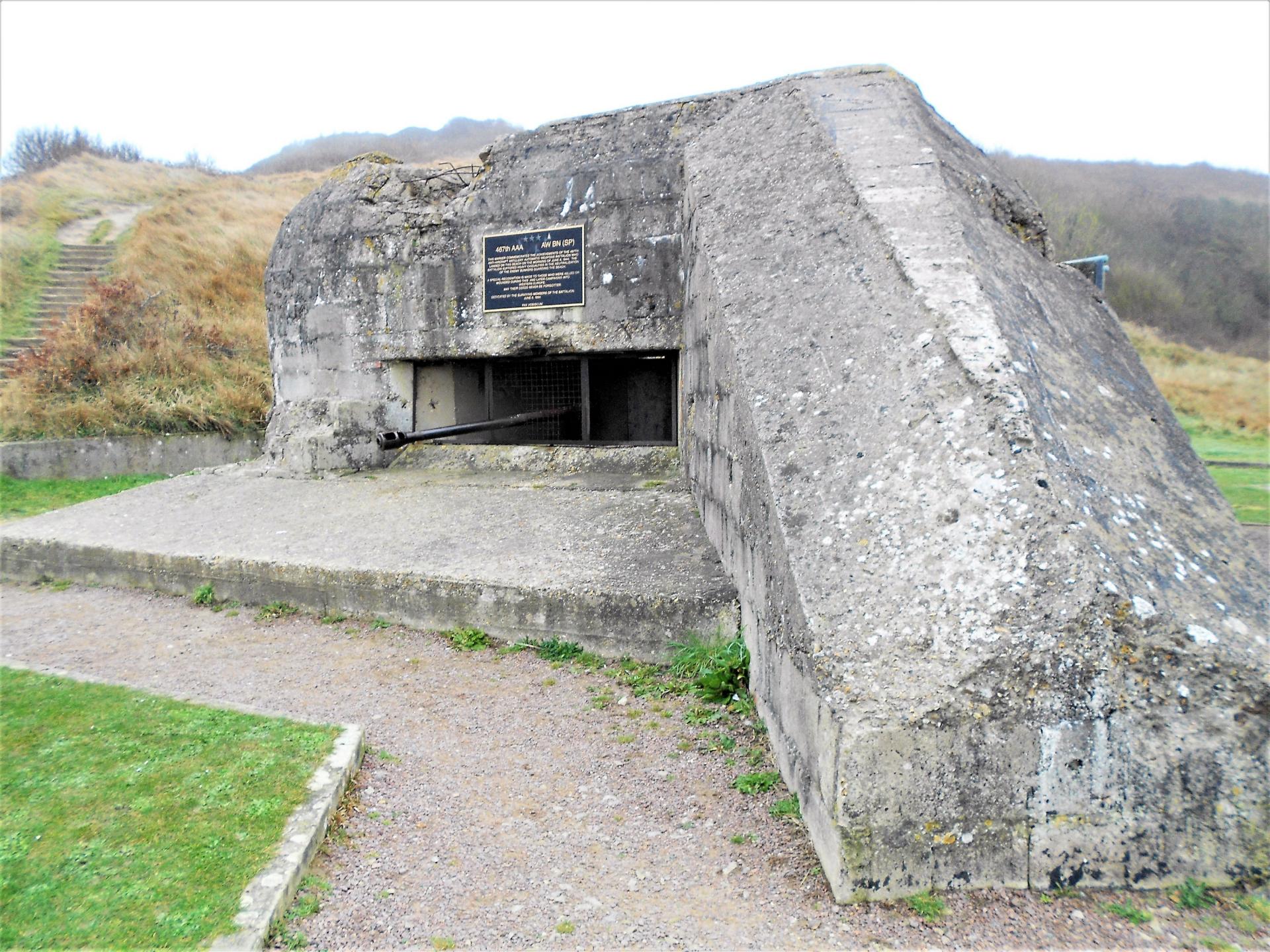
WHAT IS NORMANDY KNOWN FOR?
After seeing last week what Normandy is, let's see what it is known for.
Just mentioning "Normandy", people will have some images that will come straight to mind. To name a few : green fields, white and brown cows, cheese, apple orchards (for our famous cider and Calvados!), the Mont Saint Michel (UNESCO Heritage), the D-Day Landing Beaches where the liberation of Europe began in June 1944, Honfleur and its pittoresque harbour where Champlain left from in 1608 on its way to found Quebec, Rouen where Joan of Arc was burnt at the stake, Giverny and the Monet house, Cherbourg and the umbrellas (Les Parapluies de Cherbourg, famous musical from 1964 starring Catherine Deneuve), the "bocage" or hedgerow country (but do you know why and how hedgerows actually started to be planted and why in certain parts of Normandy only?).
Normandy is also associated with the Vikings, who gave it its name (Northmen, Normans, Normandy), and our most famous Norman of all times has to be William the Bastard "the Conqueror", Duke of Normandy & King of England (XIth century).
There's also Deauville, the fanciest beach resort developed by the Duke of Morny, who was Napoleon the Third's half brother, where every year is held is the American Film Festival.
But Normandy is also about horses, the finest bloodlines in the country, and it produces half of France's race horses and some of its best riders.
Normandy's celebs (or less celebs as I'm not sure many of you have heard of this one) count also Arcisse de Caumont who founded the French Society of Archeology, and was born in Bayeux.
Ah Bayeux!! How would you not know about Bayeux?! Its famous Tapestry, a unique masterpiece of the XIth century depicting (or justifying?) how William became King of England.
And what about the University of Caen, founded in 1439 by the English and therefore becoming the third English University after Oxford and Cambridge!!
Normandy is all of the above, and more. So how much did you know? Stick around, Normandy will reveal itself piece by piece until it will hold no more secrets.
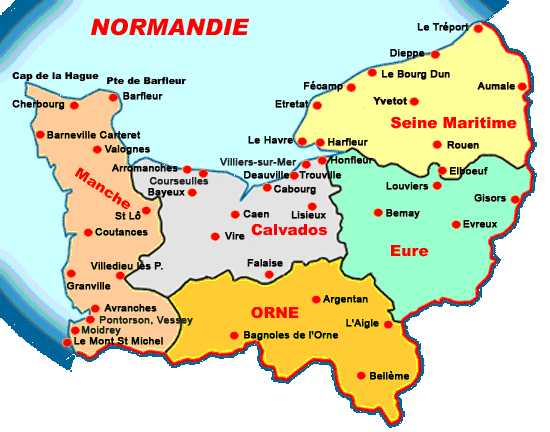
WHAT IS NORMANDY?
Normandy is a region. The regions have their origins in the old provinces of France. They are today territorial collectivities, with their own elected representatives. In 2016, we went from 27 regions to 18, 13 being in Metropolitan France, and 5 overseas. Each region is divided into departments, Normandy has 5 departments.
Normandy is in the north-west part of France, covers 29906 km², and has 600 km of coastline on the Channel (not the "English Channel" mind you, we're in Normandy, it's not English on our side and actually we call it "La Manche").
We have borders with Brittany, the Loire Valley, the suburbs of Paris, and North of France.
The average temperature is 6°C in the winter and 17,5° in the summer.
The region was "born" in the year 911 when the Viking Rollo was given land to defend against other Viking raiders that theatened the country. The King of France gave him the land around Rouen, to protect Paris that could be reached via the Seine river. In 933, Rollo's son William Longsword then expanded the borders westwards to more or less what Normandy is today.
Normandy counts now 3,3 M inhabitants. The main cities are Rouen, Caen, Le Havre and Cherbourg. The administrative capital of Normandy is Rouen but the political capital is Caen. Both cities have been in turn capitals of Normandy all throughout the centuries and when upper and lower Normandies were regrouped in 2016, it was difficult to choose one unique entity to rule over the region.
There are things you don't understand? Don't panic, you can either ask simple questions, or wait and see, as I intend to explain Normandy to you. Normandy is my region, I was born in Cherbourg, and as I sit here writing these lines, I'm home in Caen where I live today.
Stay tuned, Normandy is online, Normandy is here, Normandy is now, Normandy is yours to understand, and love.

NORMANDY EXPLAINED
If you want to learn more about Normandy, I just started a blog (June 2018) where I'll post weekly, info, recommendations, tips, and just about anything useful to know about Normandy. Watch this space and embark with me on my new blog adventure.
